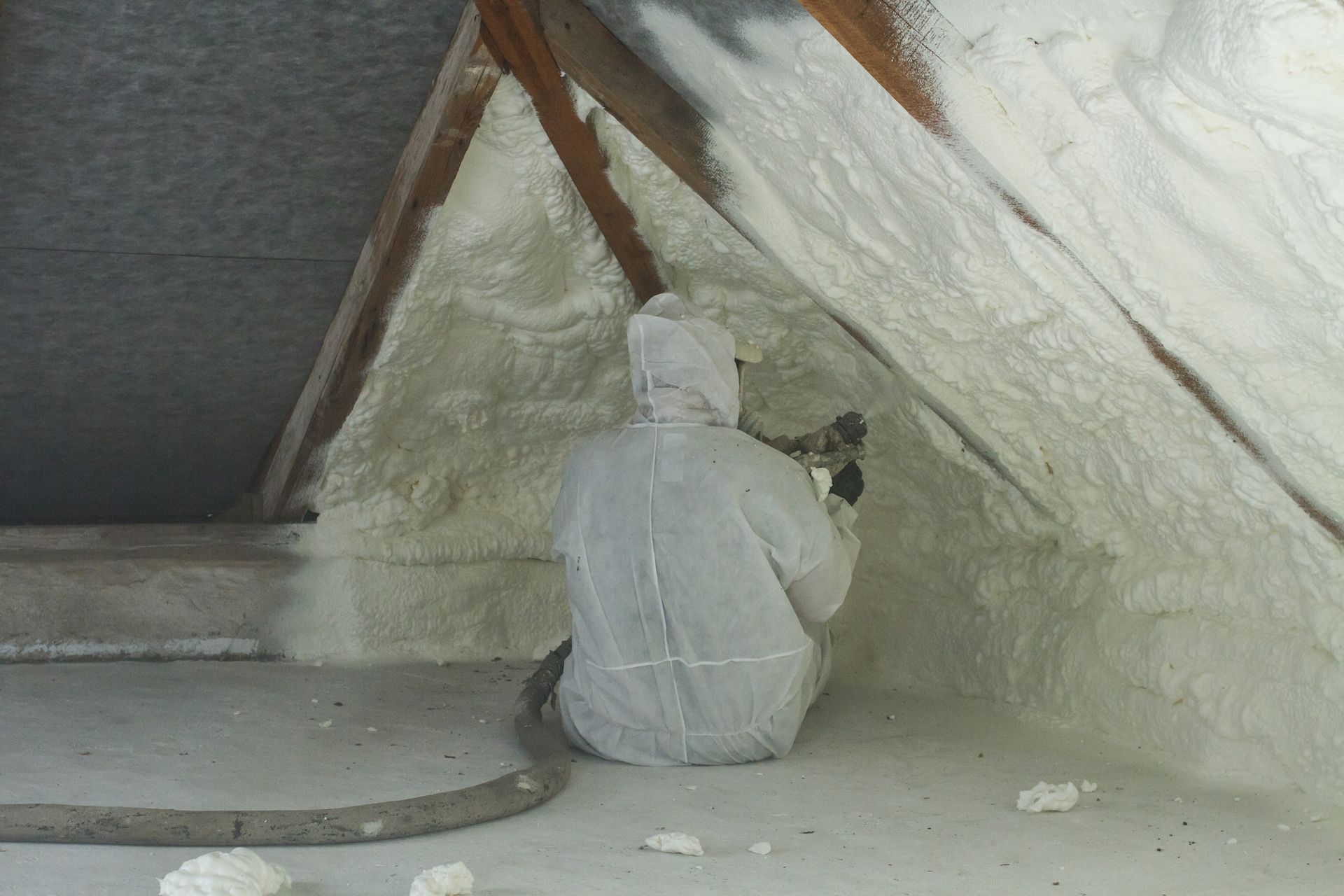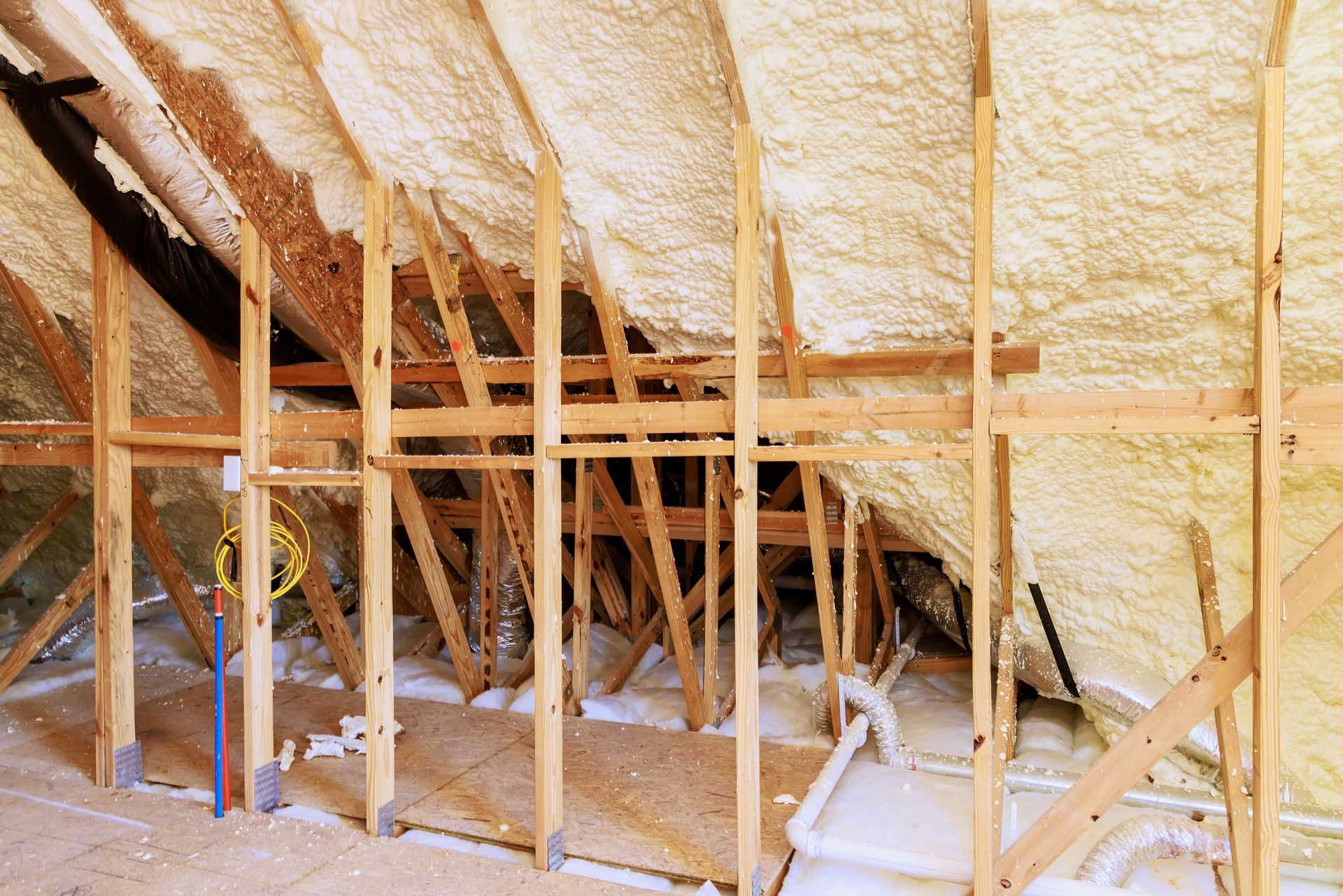Common Myths About Spray Foam Insulation
Spray Foam Insulation Myths
Myth: Spray Foam Insulation is Toxic
Contrary to popular belief, spray foam insulation is not as hazardous as commonly thought. While it does contain chemicals, professional installers take necessary precautions during application to minimize any potential risks. Properly installed spray foam insulation poses no danger once the curing process is complete, as it does not emit harmful fumes. Choosing the right type of spray foam insulation can significantly impact indoor air quality and overall safety.
Myth: Spray Foam is Not Suitable for Modern Homes
A common misconception is that spray foam insulation is unsuitable for modern homes due to its rigidity, leading some to believe it cannot work well in contemporary settings. However, this is not the case. Spray foam insulation can be used effectively in any home design, including modern homes, just as it can in more traditional ones like colonial styles. The key factor to consider when using spray foam insulation is the R-value, which measures the insulation's effectiveness. Choosing the appropriate R-value ensures that the insulation meets the specific needs of your home, regardless of its architectural style. Spray foam's adaptability makes it a versatile and efficient choice for insulating modern homes, providing excellent thermal resistance and air sealing properties. Spray foam's flexibility in application means it can be tailored to fit various spaces and design requirements, ensuring that modern homes can benefit from its superior insulating properties. By selecting the right R-value, homeowners can achieve optimal energy efficiency and comfort, debunking the myth that spray foam insulation is only suitable for older or more traditional homes. Spray foam is an excellent choice for modern home insulation, providing long-lasting protection and energy savings.
Myth: Spray Foam Insulation Harms the Roof
Some believe spray foam insulation can damage roofing materials or void their warranty. However, in most cases, this is not true. Spray foam insulation generally does not harm roofing materials or void their warranties. There are exceptions, such as if your roof has very old or damaged shingles or lacks proper ventilation. In these situations, spray foam could potentially cause issues. However, for most roofs, spray foam insulation can actually extend the roof's lifespan by protecting it from the elements and improving temperature regulation, keeping it cooler in summer and warmer in winter. If unsure, consult your roofing material manufacturer for any specific insulation requirements. Typically, though, spray foam insulation is safe for your roof and can offer added benefits.
Myth: Spray Foam Insulation is Unsuitable for Cold Climates
A common misconception is that spray foam insulation does not work well in cold climates, with the belief that it breaks down in low temperatures because it expands when heated. However, this is largely untrue. Spray foam insulation is effective in cold climates and has been used successfully for many years in freezing conditions. Its ability to create an airtight seal makes it highly efficient at keeping homes warm in cold weather.
Myth: Spray Foam Insulation Cannot Be Used in Hot Climates
Another myth suggests that spray foam insulation is unsuitable for hot climates due to its expansion properties in high temperatures. This concern is generally unfounded. In fact, spray foam is excellent for insulating homes in hot climates. It offers superior thermal mass, which helps regulate indoor temperatures by protecting the building from external heat. When choosing insulation, it’s important to consider the specific requirements of your home. Spray foam insulation is versatile and can provide effective thermal protection in both hot and cold climates.
Myth: Spray Foam Insulation Shrinks Over Time
Some homeowners worry that spray foam insulation will shrink over time, often because they know someone who experienced this with an inexperienced installer. However, when high-quality spray foam is correctly applied, shrinking is not an issue. Proper installation is key: the chemical components must be mixed correctly, the foam's temperature must be properly regulated, and the humidity levels during installation must be within the correct range. If these conditions are met, there should be no concern about the insulation shrinking. Ensuring that a skilled professional installs your spray foam insulation will prevent these issues and provide long-lasting, effective insulation.



